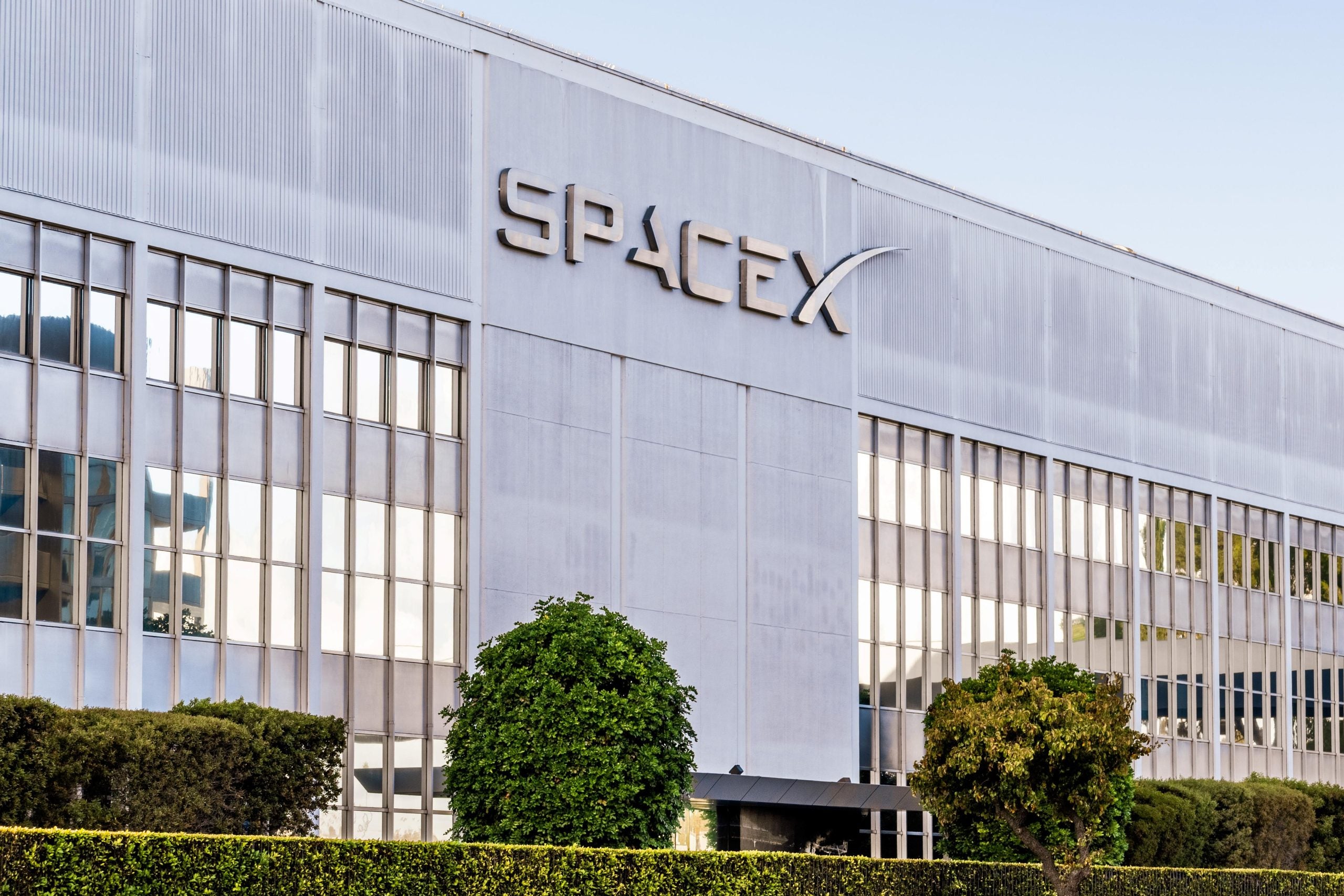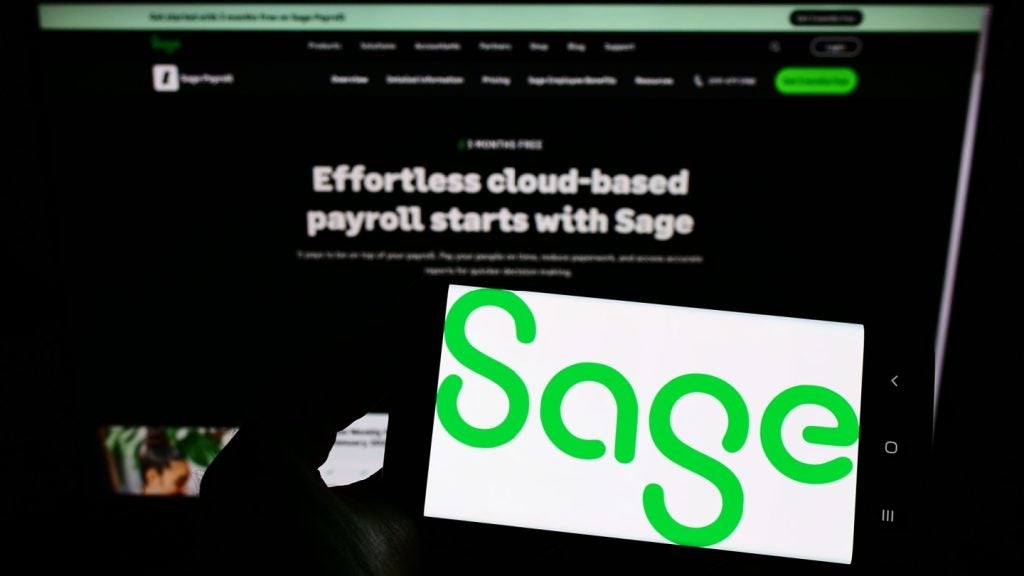
The European Space Agency (ESA) has come to an agreement with Elon Musk’s SpaceX to launch up to four satellites next year, a spokesperson for the ESA told Bloomberg on Monday (23 Oct).
The agreement requires approval from the European Commission and other EU member states.
The Wall Street Journal reported that SpaceX’s director of navigation, Javier Benedicto, said the company plans to launch two Falcon 9 launches, with two Galileo satellites on board.
SpaceX currently has the largest fleet of satellites, with its Starlink constellation numbering more than 4,000 and plans to grow the fleet to 12,000.
While ESA’s original plan to launch Euclid on a Russian Soyuz or an Ariane 6 rocket from French Guiana was thwarted by the outbreak of the Russia-Ukraine war in 2022, the delays meant that ESA had to move some of its launches, including Euclid, to SpaceX.
Following a series of program delays to 2022 and then 2023, the ESA announced that its Ariane 6 expendable launch system’s first launch attempt will not occur until 2024.
How well do you really know your competitors?
Access the most comprehensive Company Profiles on the market, powered by GlobalData. Save hours of research. Gain competitive edge.

Thank you!
Your download email will arrive shortly
Not ready to buy yet? Download a free sample
We are confident about the unique quality of our Company Profiles. However, we want you to make the most beneficial decision for your business, so we offer a free sample that you can download by submitting the below form
By GlobalDataSpanish company PLD Space launched the first private European rocket, MIURA 1, on 7 October from Huelva, southern Spain.
The flight lasted 306 seconds, in which time MIURA 1 reached apogee at an altitude of 46 kilometres. The mission concluded with the rocket landing in the Atlantic Ocean.
GlobalData’s Thematic Intelligence: The Space Economy report puts the value of the space economy in 2022 at $450bn and suggests that it will see a compound annual growth rate of between 6% and 10% from then until 2030 to reach anywhere between $760bn and $1trn.






